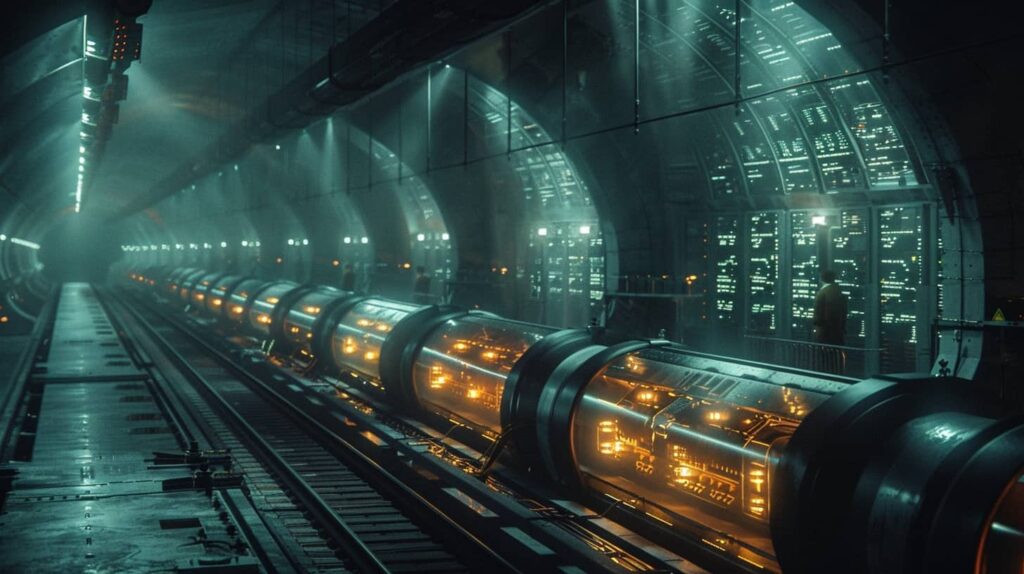A firm overseeing about $20 billion in assets warns that the AI boom carries deeper risks than the 1840s British railway bubble.
In a new Bloomberg interview, Hirtle, Callaghan & Co. chief investment officer Brad Conger said the rush to build AI infrastructure is fueling one of history’s most extreme overbuild cycles.
He points to the British railway frenzy, in which government approvals enabled explosive construction that ultimately crushed investors but benefited society over decades. The dynamic, he argues, offers a cautionary blueprint for the current AI arms race.
“So the UK in 1843 had 2,000 miles of track, and they approved 9,000 miles of track to be built in five years, so a quadrupling of the rail network. And what is similar, I think, to today is that it may be rational for every single management team or operator of a rail line to actually put the line in, but collectively it was madness because there were lines cannibalizing each other’s traffic.
And the source of the implosion of that was this: costs were 50% higher, revenues were 40% less than were modeled. I think the AI buildout is more dangerous because the business models are in such flux.
Back then, we knew that you could carry freight and paying passengers, and there would be a tariff. The estimates were wrong, but I think what we will see is: do we need seven to 10 large language foundational models? I don’t. I mean, there will come a time when the competition becomes ruthless.”
Unlike 19th-century rail lines, which could still provide long-term utility, he warns that AI hardware depreciates quickly and will force losses onto financiers if capacity outstrips demand.
“Today, we are putting mostly chip silicon into these data centers that have a lifespan of perhaps four years… They start depreciating very fast… So the answer to your question about what do we do with all of this surplus capacity is I think debt holders are going to eat it.”
Disclaimer: Opinions expressed at CapitalAI Daily are not investment advice. Investors should do their own due diligence before making any decisions involving securities, cryptocurrencies, or digital assets. Your transfers and trades are at your own risk, and any losses you may incur are your responsibility. CapitalAI Daily does not recommend the buying or selling of any assets, nor is CapitalAI Daily an investment advisor. See our Editorial Standards and Terms of Use.


